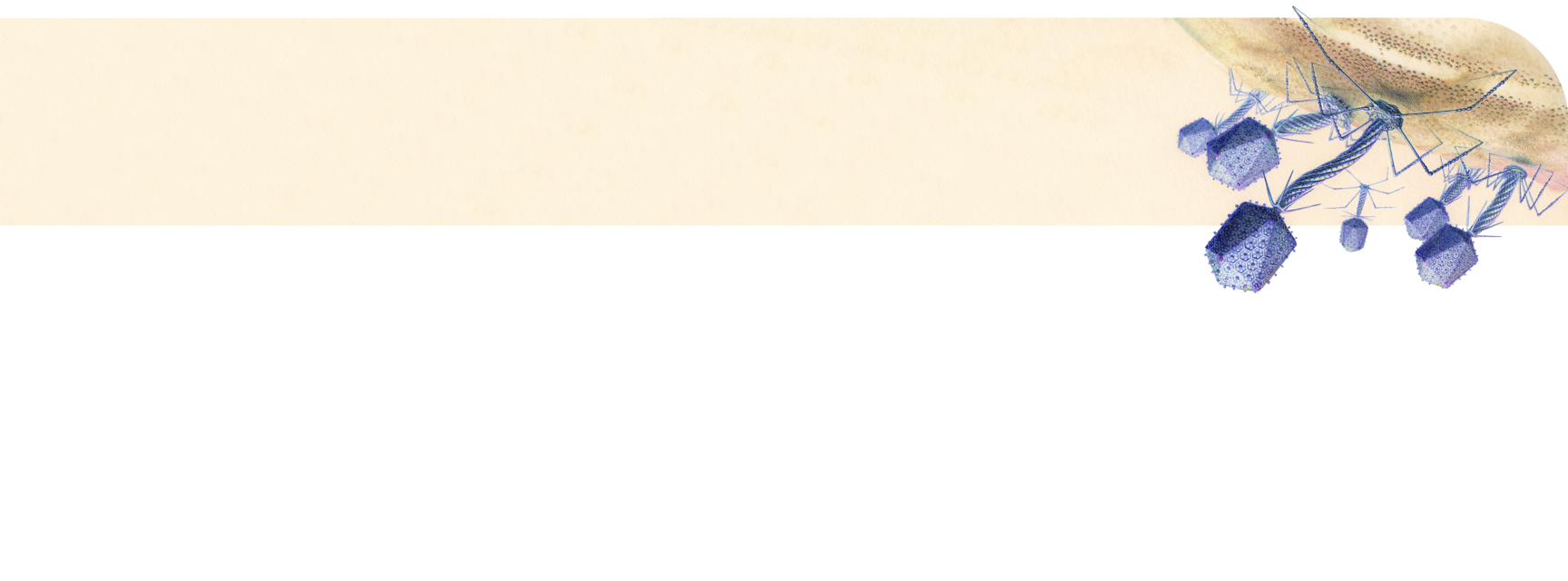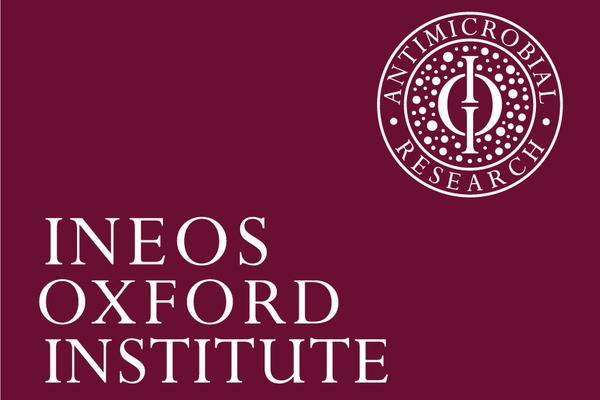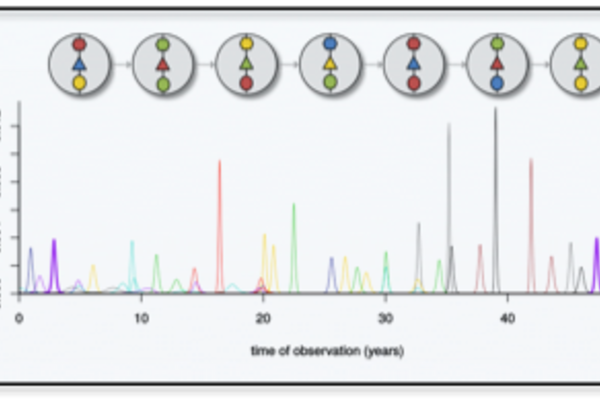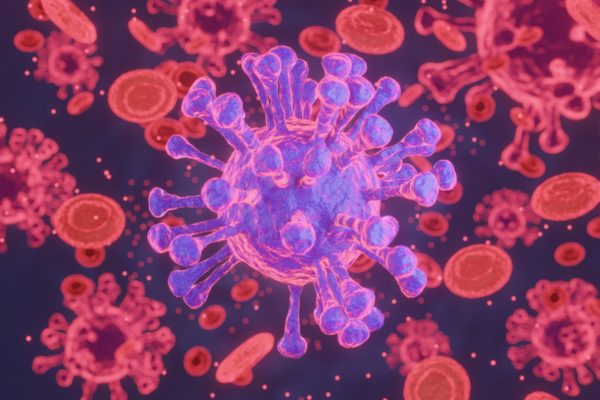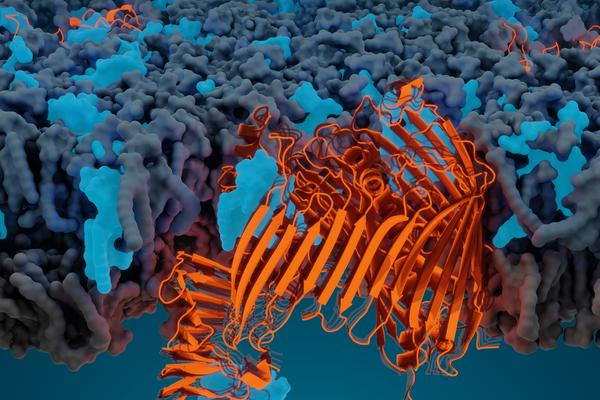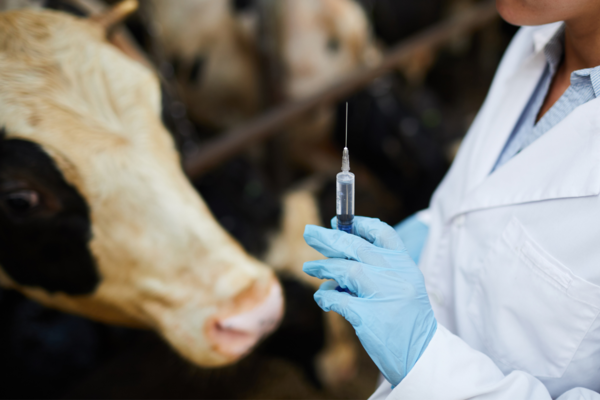Microbiology & Infectious Disease
Diseases caused by microbes are the result of complicated ecological and evolutionary interactions of microbes with ‘macroorganisms’, such as ourselves. Rather than approaching the challenges in microbiology from a medical view, we investigate infectious disease from a biological perspective; what Macfarlane Burnett termed the ‘Natural History of Infectious Disease’. This perspective often provides surprising insights and novel ways of thinking about disease control and its prevention.
Oxford expertise in microbiology is broad, covering mathematics, genomics, evolutionary analysis, immunology and in-situ field work. Using these expertise, this work has direct impact on improving human and animal health. In the Microbiology & Infectious Disease Section, this includes:
- Informing vaccine development and policy on at an international scale
- Identifying new strains or variants of disease to help prevent pandemics
- Tackling anti-microbial resistance through innovative and cross-disciplinary microbiology approaches
- Developing ways to reduce the spread of infectious diseases such as malaria
- Applying knowledge beyond humans, to animals and plants, contributing to conservation efforts
Although we have lived through an era where diseases such as COVID-19 were contained, the past few years have demonstrated just how vulnerable humans remain to the age-old problem of infectious diseases, and the importance of this field of research. Find out more about the work happening in this Section through our publications and recent news.
Professor Samuel Sheppard | Section Head

“We live in a microbial world. Although mostly invisible to us, and only discovered a few hundred years ago, microbes dominate all ecosystems on earth. Infectious disease is a negative consequence of our interactions with microbes, which Oxford study with a combination of functional, ecological, and evolutionary approaches. Much of our work has had direct translational benefits for human and animal health”
Samuel Sheppard
